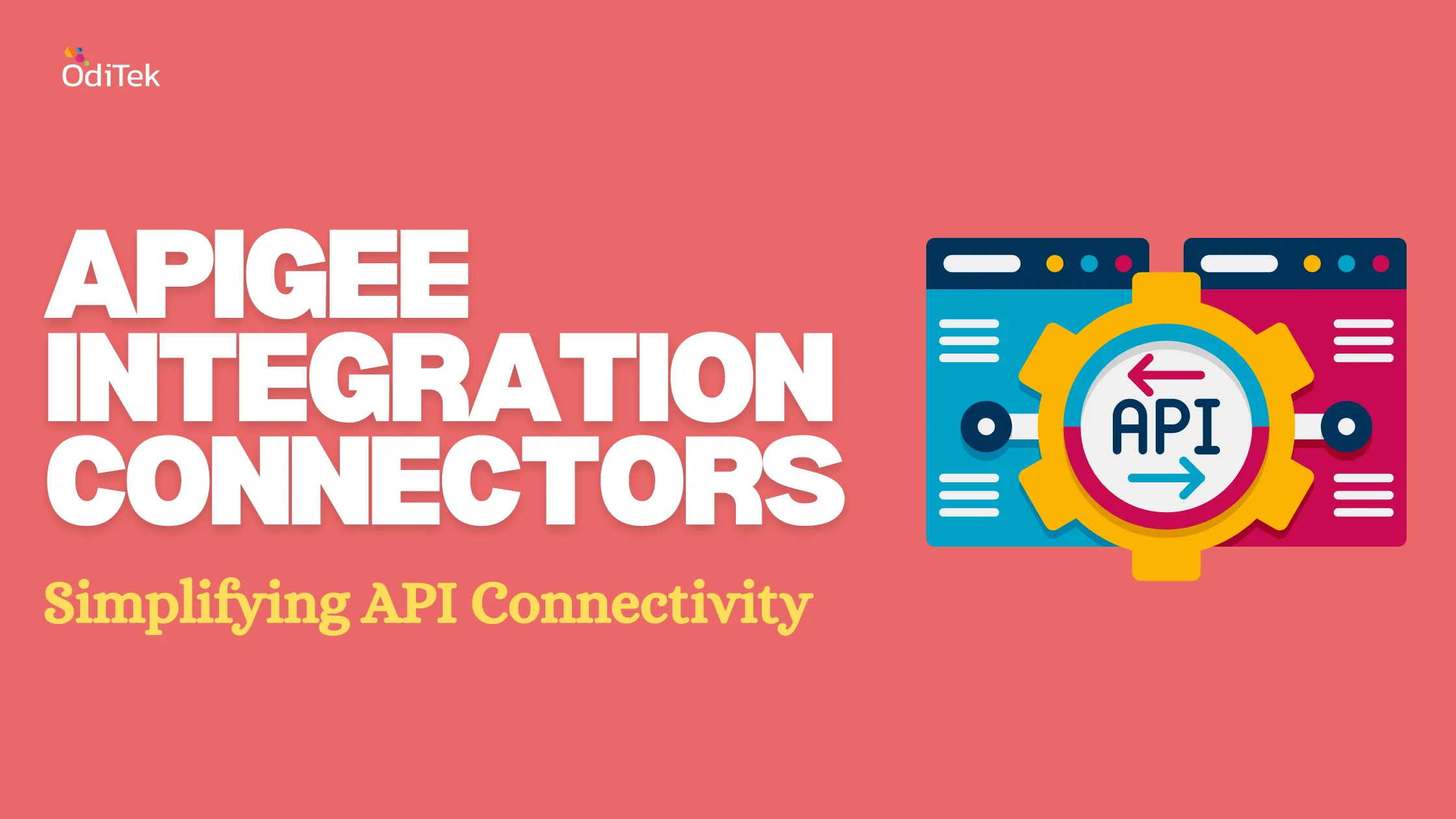Segmentation is utilized by advertisers for an assortment of purposes, including item improvement, valuing, focusing on, informing and estimation. Segmentation is additionally a key stride toward taking care of shoppers’ requests for more important encounters. In the mean time, no less than 42% of advertisers trust they are bad at segmentation for computerized encounters. Most segmentation depend on the presumption that individuals purchase items and administrations in light of the fact that they have quantifiable needs they are attempting to fulfill. In all actuality, these “needs” are regularly hard to track. How frequently have you seen “niggardly” or “gluttonous” as fields in a database? Yet these needs may be vital to know whether you are offering, say, investment accounts, or liberal treats. Unless the advertiser is utilizing direct study information, he or she regularly must utilize different traits –, for example, practices and demographics – as intermediaries for necessities. For instance, auto merchants frequently utilize visits to their sites’ “Hours of Operation” page as demonstrating a “need” for a test drive or administration visit. Such aberrant pieces of information are known as certain information.
The most widely recognized pragmatic criteria is the amount of business esteem the quality impacts. Business worth can be characterized as client lifetime esteem (CLTV), normal request esteem (AOV), wicker container size, or whatever other pertinent accessible metric that indicates the client’s significance to the organization.

Requirements are frequently consolidated with business worth, leaving two fundamental advertisers’ ways to deal with segmentation:
Necessities/Value strategies use esteem as an objective to fabricate a chain of command of requirements, beginning with the most critical, that can be transformed into a tree or dendrogram to portray sections.
Bunching takes a gander at likenesses in the properties themselves and fabricates sections that can be considered as “tribes” or “gatherings” of individuals with some comparable elements.
Segmentation in less complex terms implies the procedure of separating the gathering of people into distinctive gatherings according to their personas. Making brilliant sections and qualified personas go far to enhance substance focusing on and general client encounters separated from having an awesome
business site that fills seven imperative needs.
The essential four stage forms for building fragments are:
1.Characterize the business sector:
The initial phase in making business sector fragments is to obviously characterize the business sector of hobby. As talked about in the business sectors, sub-markets and item markets segment, it is critical not to characterize a business sector too extensively.
Case in point, how about we accept that you are hoping to section the business sector for a firm that works a chain of book shops. It would be excessively top-level and excessively ungainly, making it impossible, making it impossible to characterize the business sector as all retailing purchasers, as it is unrealistic to prompt any significant division.
2.Create business sector portions:
Since we have characterized the item/showcase unmistakably (which we will allude to as ‘the business sector’ starting here on), we have to figure out what sorts (portions) of distinctive customers frame that general business sector. To do this, we have to survey the rundown of segmentation bases/variables and pick a few of those variables that we think (or know from statistical surveying) influence the acquiring conduct of book purchasers.
3.Evaluate the proposed business sector fragments for reasonability:
Since we have added to some business sector fragments we may be required to assess them to guarantee that they are useable and sensible. This would happen in a genuine firm, yet it may not frame a portion of your specific task.To do this, you have to rapidly evaluate the sections against an agenda of elements. This is talked about in more detail in criteria for successful division.
4.Construct section profiles:
You may be required to portray the sections (add to a fragment profile). The accompanying is an agenda of elements that you should seriously think about. For some of these things beneath you may not know really – all things considered either make a sensible supposition or do exclude the component in the section profile. Keep in mind that the errand here is to depict and comprehend the sections somewhat more.
5.Select target markets:
Utilizing the appraisal data you have quite recently developed, you can choose the most suitable target market for the firm. While there are numerous elements to think of you as, ought to at any rate consider: the company’s methodology, the appeal of the portion, the aggressive competition of the fragment, and the firm’s ability to successfully compete.
for more details Please drop an email to info@oditeksolutions.com







